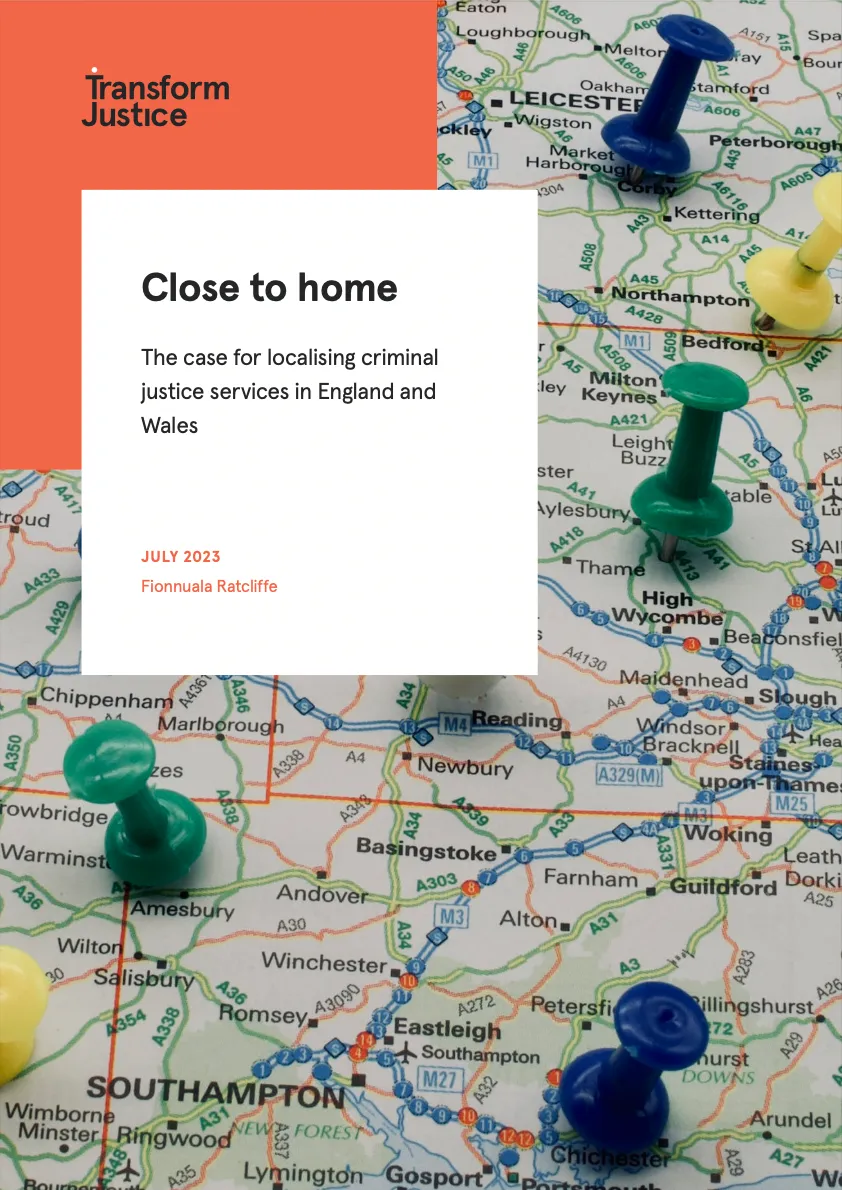
Our criminal justice system in its current form is unsustainable. Long court backlogs, few crimes resolved, probation staff shortages. An ever-rising prison population despite prisons costing a disproportionate amount of taxpayer money and not working to reduce reoffending.
One problem is that our criminal justice services - prisons, probation, courts, prosecution, and to some extent policing - are incredibly centralised. There is a lack of local ownership for crime prevention and reducing reoffending. Local agencies go cap in hand to central government for funding, rather than fostering and supporting innovative solutions locally.
Another issue is that many of the levers to prevent crime and reoffending - including health, employment, education and housing - lie outside the criminal justice system. Local actors are not financially incentivised to tackle these drivers and invest to solve problems upstream. Public services work in silos rather than together toward common goals.
We can reduce crime and make our communities safer by giving local leaders the right levers and incentives to tackle crime at a local level – by localising justice services and budgets.
What would localised justice services look like?
— Delegation of justice budgets for prison places, magistrates’ courts’ administration, policing, prosecution and probation to police and crime commissioners or mayor
— Pooling of criminal justice resources so that local services work together towards a shared aim and share any savings made
— Financially incentivising local services to shift investment upstream from enforcement to prevention, by allowing them to benefit from the savings from investment
— Local management of probation and of the administration of magistrates’ courts and the CPS. Prisons and Crown Courts continue to be managed nationally
Why Localise justice Services?
— Prosecutorial and judicial independence maintained through continued use of nationally agreed prosecution and sentencing guidelines.
— Standards monitored through inspectorate, effective community scrutiny, and a newly created interdepartmental board
This paper sets out how localising criminal justice services will:
— Reduce crime
— Reduce waste in criminal justice system spending
— Increase trust and confidence in the criminal justice system
— Improve the experience of victims